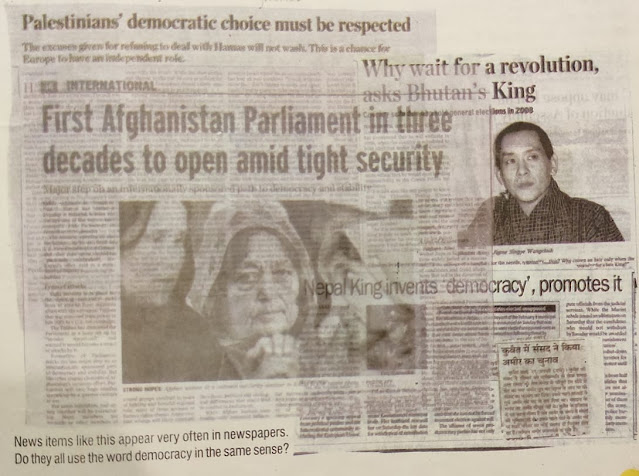7 Class.History.CW/HW.Chapter15.The Mughal Empire.
Chapter 15
7 Class. History.CW/HW.
Chapter15.The Mughal Empire.
Keywords
Inland duties : collection of taxes by the government or authority on purchase or sale of things.
Kalima : there is onlly one god ,Allah who is worthy of worship as per the Holy Quran.
Mansabdar : each office was given a rank or position called mansab.
Mutiny : an open rebellion against authorities.
Octori : a tax levied on goods entering a city.
Sarais : rest houses. e These were also used as the Dak Chaukis or post offices.
Something to know
a Tick the correct option.
1. Humayun was defeated by
(a) Sher Shah Suri
(b) Rana Sanga
(c) Ibrahim Lodi
(d) The Mongols
2. Akbar's religious discussions took place at the
(a) Royal Palace
(b) Diwan - khas
(c) Mosque badet Khano
3. In which language did Babur write his autobiography Tuzuk - e-Baburi?
(a) Arabic
(b) Urdu
(c) Turkish
(d) Persian
4. Akbar ascended the throne at the age of
(a) fourteen
(b) thirteen
(c) twelve
(d) eleven
5. Which one of the following statements is correct?
(a) Shivaji fought against Jahangir.
(b) Humayun was defeated by Rana Sanga.
(c) Mughal empire was founded by Babur.
(d) Aurangzeb was the last Mughal ruler.
B. Fill in the blanks. .
1 ----was Akbar's guardian.
2 "Peacock throne was made for ----
3.-----assumed the title of Alamgir '.
4.------ Was the last Mughal emperor
5.. The mansabdars were responsible for both -- and ----administration.
C.True or False for the following statements.
1. The Battle of Chausa was fought between Babur and Sher Shah Suri
2. Jahangir discontinued the administrative system that was introduced by
3. Olahi was a socio-religious path started by Akbar.
4. Humayun fell from the stairs of his library and died. his father
5.Shah Jahan gave patronage to scholars, artisans and craftsmen.
D. Answer the following questions in brief.
1 What was Dint - llahi and who started it?
2 Why is Shah Jahan known as an 'Engineer king?
3. What was the political condition of India before Babur's invasion?
4. State the main features of Jahangir's rule.
5. Briefly explain the 'mansabdari system'.
E. Answer the following questions.
1. Mention the difficulties faced by Humayun after coming to the throne.
2. Compare the religious policy of Akbar With that of Aurangzeb. Describe Shah Jahan's Deccan policy,
3. What was the political condition of India before Babur's Invasions
4. Describe the uniform system of administration established by the Mughals. List any five factors responsible for the decline of the Mughal empire.
5.Value Based Question
A Christian missionary, Father Pierre du Jarrie remarked about Akbar, "Indeed he was a great king for he knew that a good ruler is one who can command simultaneously, earn the obedienice, respect, love and faith of his subjects. He himself lived in the fear of God, to whom he never failed to pray four times daily Towards his fellowmen he was kind and forbearing, averse to taking life and quick to show mercy. Out of the human values which made Akbar very popular, select any two which may enrich our life as human beings, Justify your choice
Map Skill
On an outline map of India, locate and mark the following
(a) A famous battlefield where the Mughals defeated Hemu,
(b) The place where Taj Mahal was built.
(c) Capital of the Mughals.
(d) Any two places conquered by Akbar
(e) The extent of Akbar's empire,
Something to Do
1. Make a collage of the Mughal architectural delights.
2. Become a journalist. Prepare a two page newspaper The Mughal Times stating the important events took place during the Mughal era under suitable headings.
3. Who am I? Identify:
(a) I was the great grandson of Timur and a descendent of Turkish ruler Chenghis Khan
(b) Idefeated my son Khusrau at the Battle of Bhairowal.
(c) re-established the Mughal empire after a gap of fifteen years.
(d) Due to my short - sighted policies, the vast Mughal empire went out of my grip.
(e) My son imprisoned me and I died in captivity in 1666.

Comments
Post a Comment